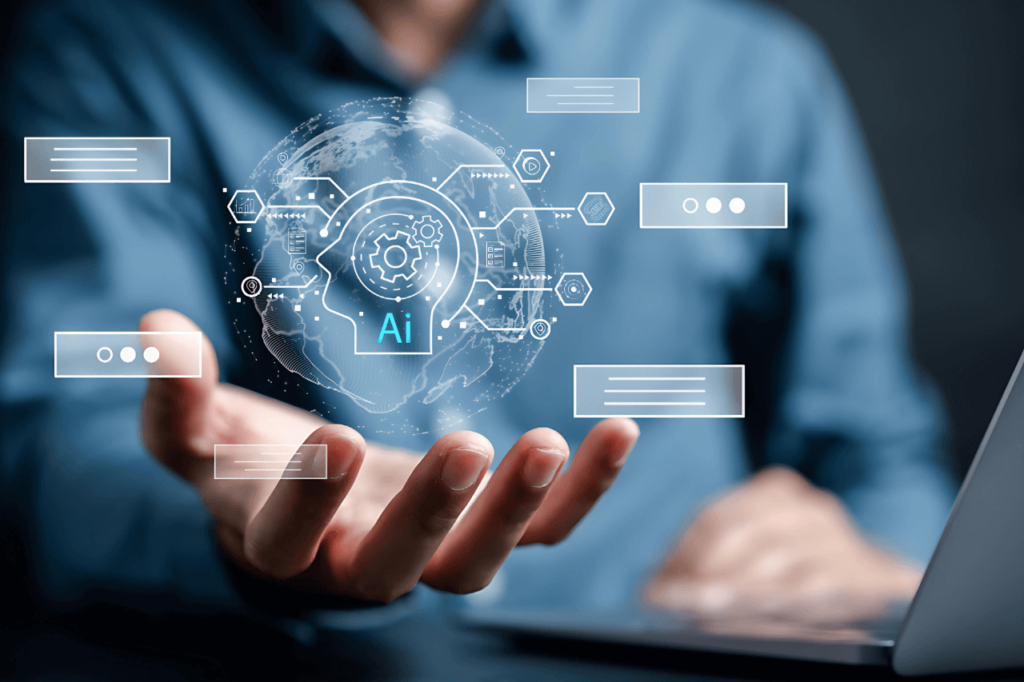Importance of Artificial Intelligence (AI)
As artificial intelligence (AI) continues to advance at a rapid pace, there is growing concern about its impact on the job market. From automation in manufacturing to algorithms replacing white-collar workers, AI is reshaping the workforce in unprecedented ways. In this blog post, we will explain the implications of AI’s increasing role in the job market and explore what the future may hold for workers worldwide.
The Shift Towards Automation
Automation has long been a staple of industries such as manufacturing and agriculture. However, recent advancements in AI technology have expanded its reach into new sectors, including retail, finance, healthcare, and transportation, which is quite challenging for you and others working in that area. Tasks that were once performed by you are now being automated, leading to increased efficiency and cost savings for businesses, as you are aware that businesses need cost effective solutions.
The Impact on Employment
While automation has the potential to improve productivity and create new job opportunities, it also poses challenges for workers whose jobs are at risk of being automated.
McKinsey Global Institute Research
According to a study by the McKinsey Global Institute, up to 800 million jobs worldwide could be automated by 2030. This shift could disproportionately affect low-skilled workers in sectors such as retail, food service, and manufacturing. This means if you belong to these sectors, you will probably have a job loss in the upcoming future.
The Rise of AI in White-Collar Jobs
It’s not just blue-collar jobs that are at risk. As you can see, in 2024, AI is also making inroads into white-collar professions traditionally considered safe from automation. From data analysis to customer service to legal research, AI-powered algorithms are increasingly performing tasks that were once reserved for humans. As a result, those who are in fields such as accounting, law, and journalism are facing pressure to adapt to the changing landscape.
Tackle this Challenge
As AI continues to disrupt the job market, workers and policymakers must adapt to ensure a smooth transition. Up-skilling and retraining programs will be essential to equipping you with the skills needed for the jobs of the future. Additionally, policymakers will need to address concerns about job displacement, income inequality, and the ethical implications of AI-driven decision-making.
To sum up, the key Note
The rise of AI in the job market presents both opportunities and challenges for workers worldwide. While automation has the potential to boost productivity and innovation, it also raises concerns about job displacement and income inequality. however, it’s essential for you to prioritize investments in education regarding AI and machine learning, enhance your skill with GPTs training to get more efficient work from different AI and machines, especially if you learn to deal with different valuable prompts, etc, and develop policies that promote inclusive economic growth. Only then can we ensure that AI works for everyone, not just a select few.


